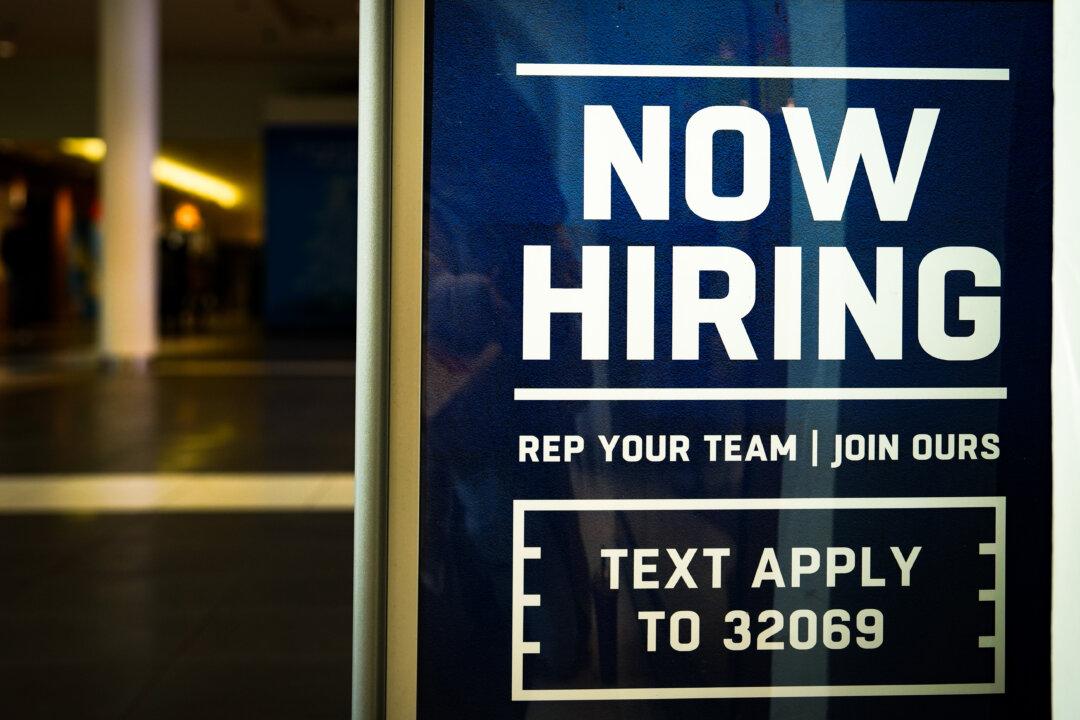Consumer confidence among Americans fell this month, with near-term expectations about the economy and income decreasing as well, according to a survey.
The Conference Board’s Consumer Confidence Index declined from 101.3 in May to 100.4 in June, with the most marked decline seen among consumers in the 35–54 age group. By contrast, consumers below the age of 35 and above 54 showed improved confidence this month.





